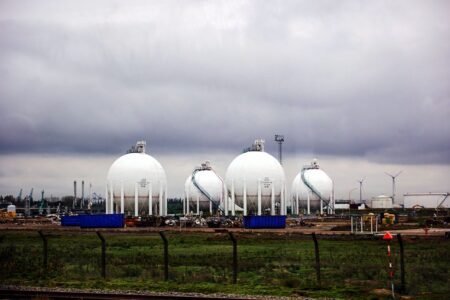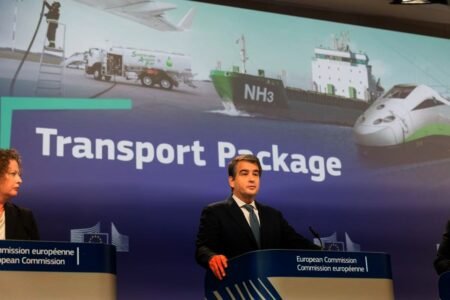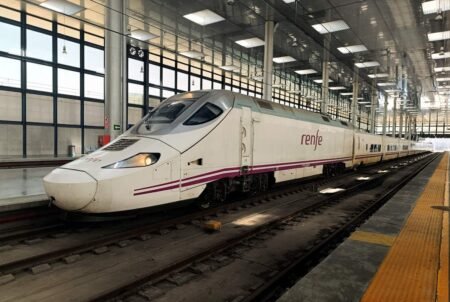The European GNSS Agency (GSA) inaugurated its new premises in Prague on 6 September. Previously headquartered provisionally in Brussels, the GSA moved its seat to Prague over this summer, as had been agreed by the EU Heads of State and Government on 10 December 2010.
Advertisement
GSA ensures security of satellites and prepares ground for new GNSS products
The European GNSS Agency is responsible for a number of implementation tasks for the European Satellite Navigation programmes Galileo and EGNOS (European Geostationary Navigation Overlay Service), which are managed by the European Commission.
Its two main tasks are:
- Security (security accreditation of satellites, launchers, sites etc. and the operation of the Galileo Security Monitoring Centre) and
- Market Development for the European satellite navigation systems.
Additionally, the GSA has been assigned other tasks by the Commission by delegation, for instance promoting GNSS applications and services, supporting the development of a Public Regulated Service (PRS) and preparing the exploitation of the GNSS systems.
GSA ensures security of Galileo Programme
The GSA’s security accreditation activities are of key importance for the satellite launches. After a successful first launch of two satellites on 21 October 2011, the “In-Orbit Validation” phase will be accomplished with a second launch of two satellites on 10 October 2012. From 2013 on, the deployment of the satellite infrastructure will continue faster, with several launches per year until the full constellation of 30 satellites (which includes six in-orbit spares) is reached before the end of the decade.
The future role of the GSA
A Commission proposal for revising the GNSS Regulation which is currently before Parliament and Council foresees that operational responsibility for the GNSS Programmes will be gradually transferred from the European Commission to the GSA over the next multi-annual financial framework (2014-2020). This process will start with EGNOS in 2014, and already a number of preparatory tasks have been allocated to the GSA, including the procurement for the future operations of EGNOS.
In order to carry out these new functions the GSA’s staff is expected to increase continually over the coming years from currently about 60 to more than 180 by the end of next financial framework in 2020.
Budget of the GSA
The GSA today has an annual budget of around 12,750 million (2012). In addition, it manages the budget for activities that are entrusted to it under delegation from the European Commission. These amount to 34.4 million for exploitation activities.
According to the Commission’s calculations, a total budget of 7000 million is necessary to complete the deployment phase of the Galileo programmes and finance the exploitation phase of the GNSS programmes over the 2014-2020 period. The Commission’s proposal for a new GNSS Regulation foresees that the GSA will manage the budget necessary to operate EGNOS and Galileo and ensure service provision. This budget will be assigned under a delegation agreement signed with the Commission, a mechanism foreseen under the European Union’s Financial Regulation. Under this arrangement, the Commission would remain responsible for the overall political supervision of the GNSS Programmes. However, the GSA would ensure the exploitation of the GNSS systems with the appropriate level of autonomy and authority.
The structure of the GSA
The GSA today is composed of a security department, a market development department and an organisational entity charged with preparing the GSA’s future responsibilities in the management of the GNSS Programmes. In addition to a number of horizontal departments that ensure the Agency’s functioning, the Galileo Security Monitoring Centre is also an organisational component of the GSA.
Legal base
The setting-up of the GSA is defined in Regulation (EU) No 912/2010 of the European Parliament and the European Council of 22 September 2010, but the Agency’s tasks are defined in Regulation (EC) No 683/2008 of the European Parliament and of the Council of 9 July 2008 on the further implementation of the European satellite navigation programmes (EGNOS and Galileo), the so-called “GNSS Regulation”.
European Commission Satellite Navigation Policies
Source: European Commission







